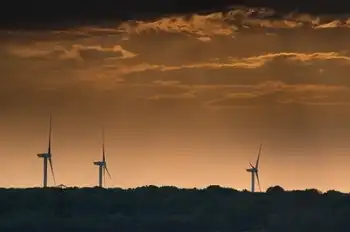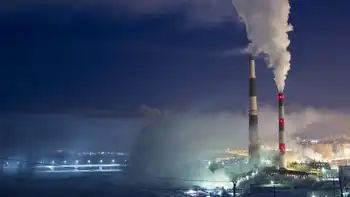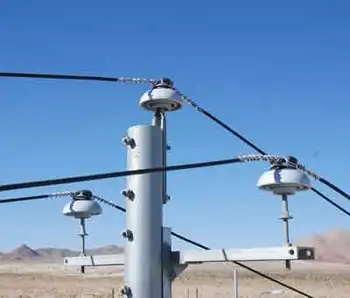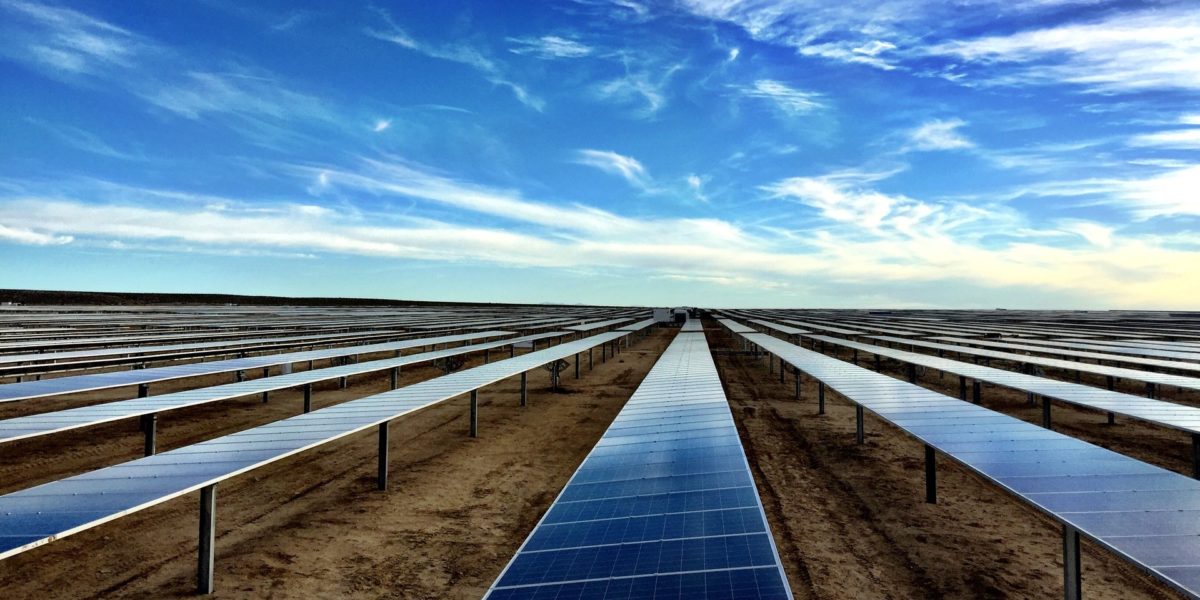Two reactors going to Darlington
By Toronto Star
Protective Relay Training - Basic
Our customized live online or in‑person group training can be delivered to your staff at your location.

- Live Online
- 12 hours Instructor-led
- Group Training Available
Canada's first new reactors in two decades are expected to generate up to 3,200 megawatts of power. That is almost enough to power all homes and businesses in Toronto and nearly doubles Darlington's current capacity.
Energy Minister Gerry Phillips said construction should begin at the existing station in 2012 with electricity being generated by July 1, 2018. Phillips declined to give a price tag for the Darlington project other than to say it would fit within the province's $26.3 billion plan to upgrade its nuclear capacity over the next 20 years. Phillips said Darlington was selected because its transmission capacity is more accessible than the privately operated Bruce site on Lake Huron.
The news was greeted with glee by politicians in Durham Region, which has suffered thousands of job cuts at General Motors in Oshawa and its parts suppliers.
"In the long run, it's a big win for us," said Roger Anderson, chair of Durham Region. "There's about 3,500 jobs involved during the construction period."
It helps offset the GM cuts, he said. "The fact you're going to have highly skilled employees there for a long time will create an economic boost in Durham and, hopefully, research and development companies will come in as well."
"We're ecstatic," said Jim Abernethy, mayor of Clarington, the municipality that is home to the Darlington plant. "And I think the majority of the community is as well."
But environmentalist Dan McDermott of the Sierra Club believes the province is throwing good money after bad, and he voices concern about the long-term disposal of nuclear waste. "Nuclear power is the most expensive and dangerous means of generating electricity ever created," he said.
New Democrat MPP Peter Tabuns (Toronto-Danforth) said the province should be weaning itself off expensive nuclear power, and he warned the total bill could double to more than $50 billion.
"The history in Ontario is we've had plants come in at double the original estimate – in the case of Darlington (three) times," said Tabuns, referring to a $4 billion estimate in the 1970s that ballooned to more than $14 billion.
"It's not the way to go. You can create tens of thousands of jobs by developing renewable power.
The reactors will be operated by publicly owned Ontario Power Generation. Before construction can begin, an environmental assessment and licensing by federal regulators must be completed.
Three firms are bidding to design the reactors – the federally owned Atomic Energy of Canada Ltd. (AECL), which makes the existing Candu reactors; U.S.-based Westinghouse Electric; and Areva of France, the world's largest nuclear company. The winning bid will be selected in November.
The new reactors should generate up to 3,200 megawatts of power. In total, Ontario plans to maintain the existing capacity of 14,000 megawatts of nuclear-generated electricity, or about half of the province's peak demand.
Darlington, home to a nuclear generating station for 15 years, currently has four Candu reactors generating about 3,500 megawatts and was engineered by AECL.
Phillips insisted no company has an inside track.
Federal sources have warned AECL could go out of business if it fails to sell its newest generation of Candus domestically.
"AECL is one of the three bidders; they're owned by the federal government. I'm going to assume that the federal government, as the owner of AECL, is anxious for them to compete well," Phillips said.
"We truly have a fair and transparent process. All three of them appreciate that we are going to select the one that's best for the long-term interest of Ontario," he said.
Phillips declined to give a price tag for the Darlington project other than to say it would fit within the overall $26.3 billion replacement and refurbishment nuclear plan over the next 20 years.
"I won't give you an estimate today. The reason for that is we are going to use this very good, competitive process to get the possible deal," he said, acknowledging that even though the winning company would face "penalties" for some extra costs, ratepayers would be on the hook for the cost overruns.
"It will be paid for by the people who use it," Phillips said.
Cost overruns have dogged every nuclear project in Ontario history.
Experts say new nuclear plants can cost $8 billion to $15 billion.
Given that the coal-fired plants that provide about a quarter of the province's electricity generation – and spew out smog and greenhouse gases – will be phased out by 2014, Progressive Conservative MPP John Yakabuski accused the Liberals of dragging their heels on new nuclear reactors.
"The question I would have is why are we talking about this in June of 2008? We should have been talking about this in June of 2004," said Yakabuski (Renfrew-Nipissing-Pembroke). "And that's one of the reasons that the costs of these projects are going to be a lot more than they could have been," he said.











